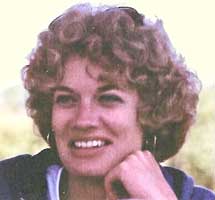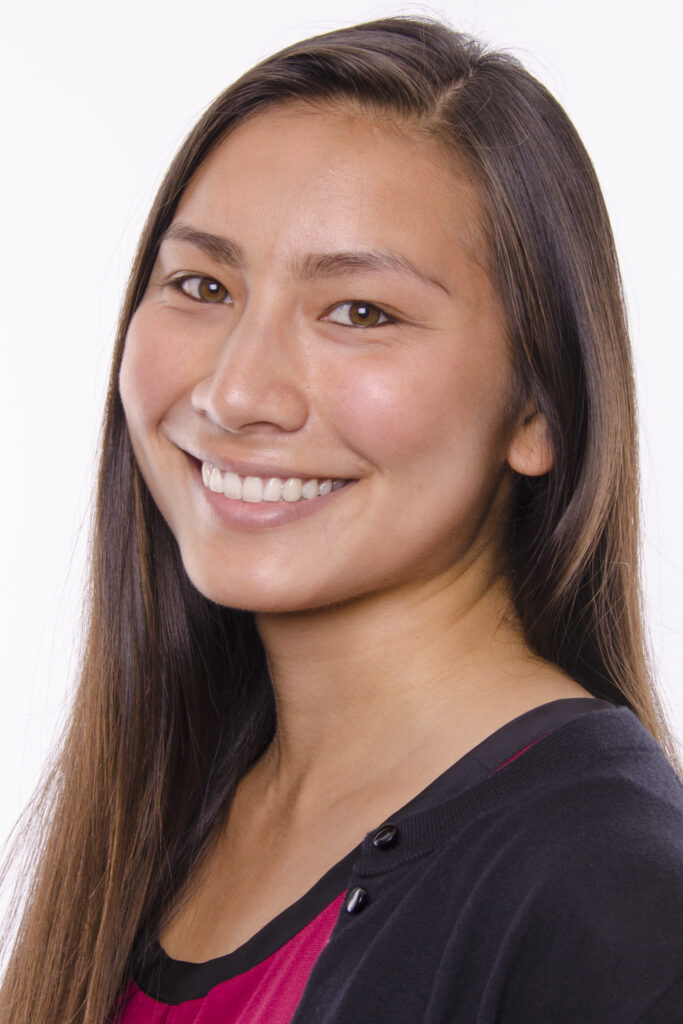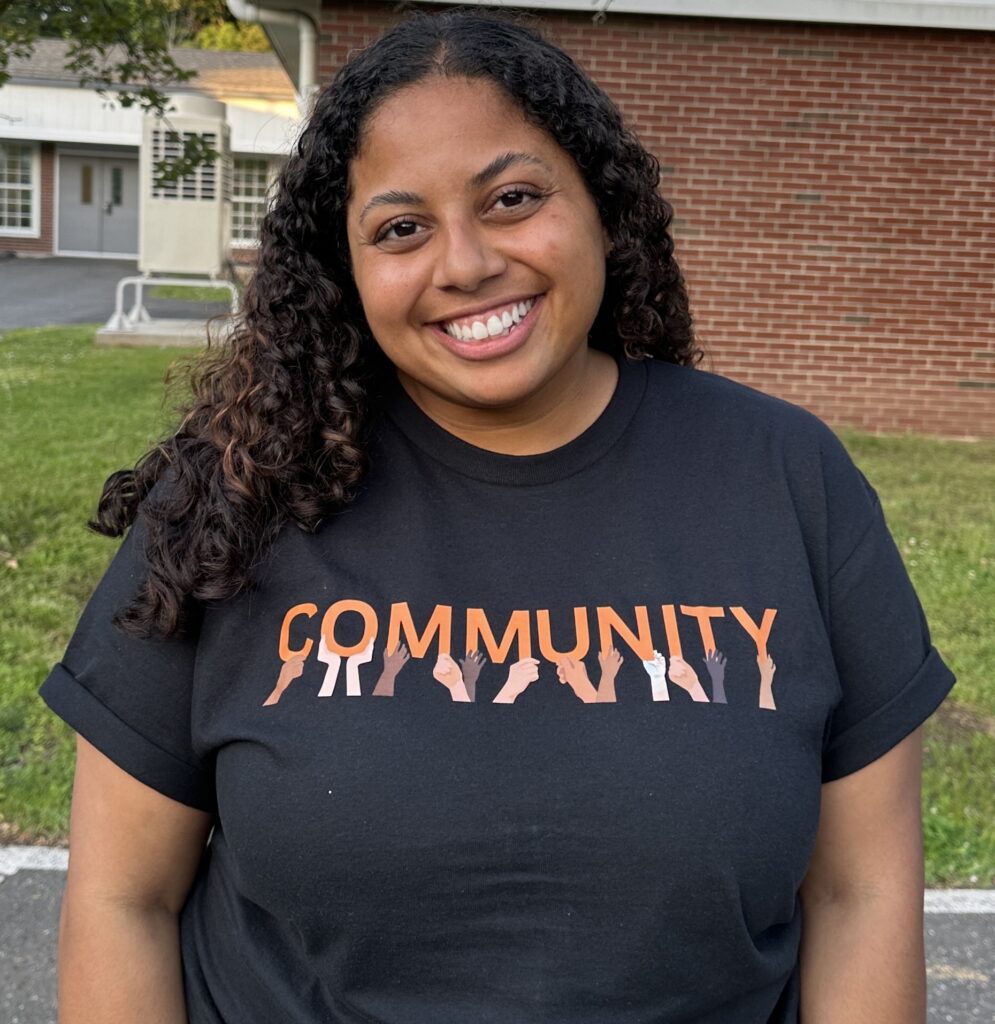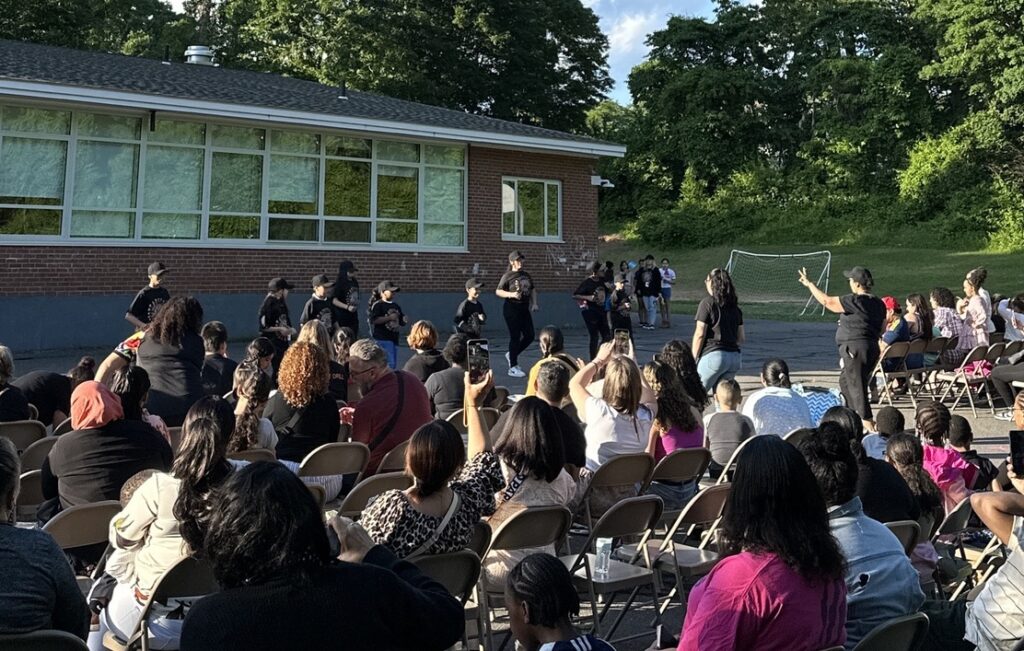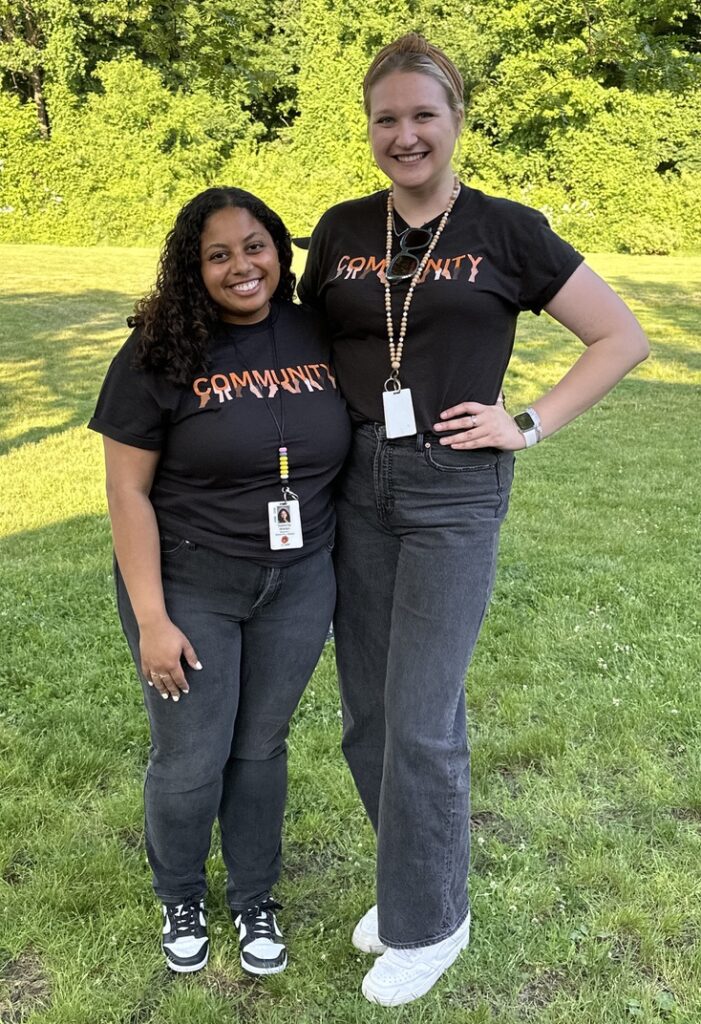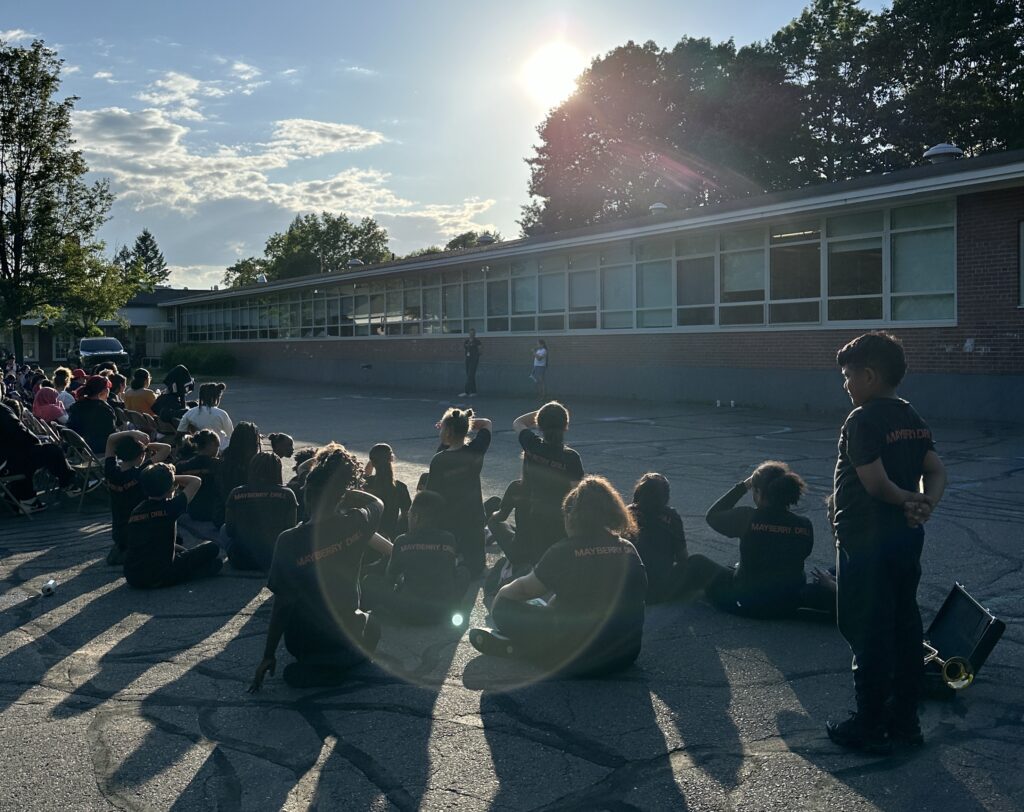Connecticut’s Teacher Residency Program (TRP) is addressing the teacher shortage while also having an impact on the shortage of teachers of color.
I’m proud to report that Dr. Violet Jiménez Sims, an Alma Exley Scholar, is a leader in this state initiative.
Since we honored Dr. Sims in 2008, she has emerged as a highly respected educational leader as a public-school administrator, a UConn faculty member, and now as managing director of academics at the Capitol Region Education Council (CREC), which manages the TRP.
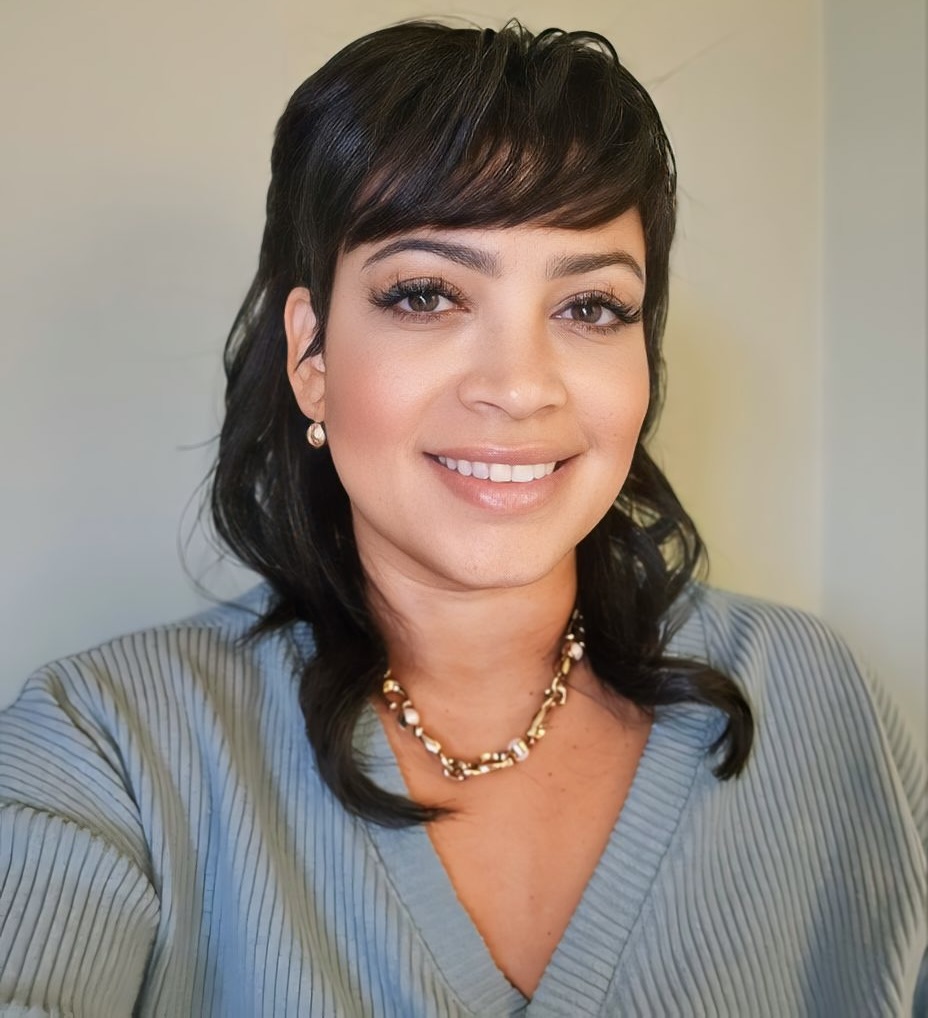
Dr. Violet Jiménez Sims
Achieving Results
The state approved the Teacher Residency Program in 2019 among a variety of initiatives to increase teacher diversity. After the first five years, 135 program graduates are teaching in Connecticut schools—94 percent of whom are persons of color.
The program is in high demand among aspiring teachers. While the national trend in teacher-preparation programs is a decline in enrollment, TRP had a record applicant pool for the 2024-2025 cohort, resulting in 45 residents enrolled and placed in residencies within partner districts and a waiting list of more than 20 additional qualified candidates.
“TRP enables candidates with bachelor’s degrees to take courses leading to teacher certification,” Dr. Sims says. “The program helps to break down barriers to entry into the teaching profession by covering the cost of tuition and paying a living wage during the one-year residency. Candidates receive three years of mentoring support from experienced educators from the time they are residents through their first two years as teachers of record.”
The Capitol Region Education Council established the program to increase diversity among public school educators. The program has since grown to a state-wide partnership of the Regional Education Service Center (RESC) Alliance.
Currently, only 11 percent of Connecticut public school teachers are persons of color, compared to over half of the students.
Impact of Teachers of Color
“Ethnic and racial diversity among teachers and administrators adds positive value for all students,” Dr. Sims says. “This is evident in more equitable approaches to student discipline, greater representation of students of color in gifted programs, and improved student performance.”
(Studies have demonstrated that students of color do better when they have at least one teacher of color.)
Serving with Dr. Sims on the TRP leadership team are Ushawnda Mitchell, managing director of residencies, and Dr. Niralee Patel-Lye, managing director of recruitment, retention, and partnerships.
Congratulations to Dr. Sims and her colleagues for their commitment to the cause of increasing diversity among the educator workforce in Connecticut. It’s heartening to see them achieving results and making a difference in our public schools.
- Woody Exley
